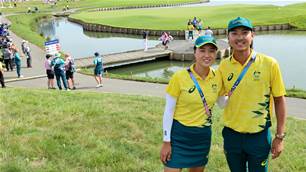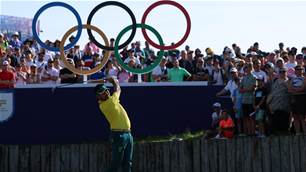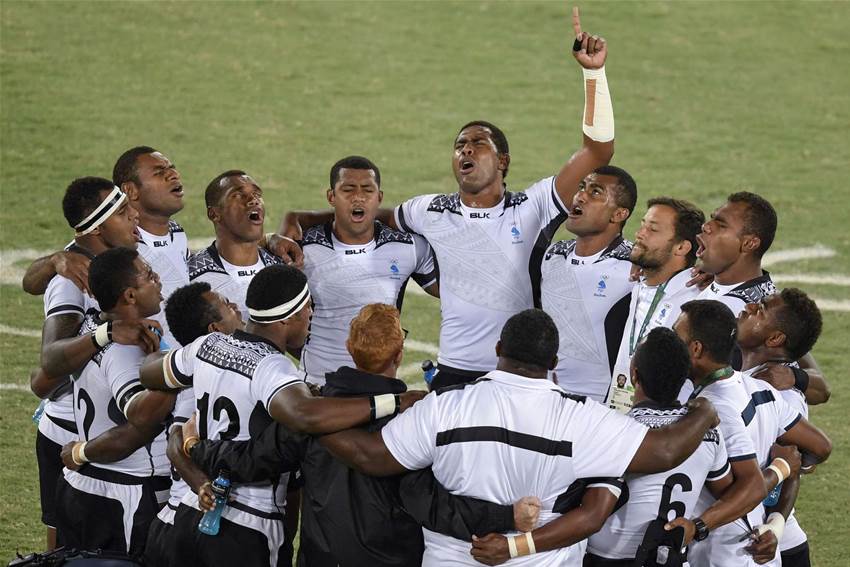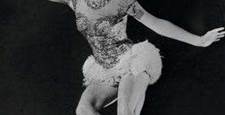Rugby sevens was a new inclusion in the Olympics this year and will be remembered as one of the success stories of the games.
Leading into Rio 2016, it would’ve been easy to forget about the sporting side of South America’s first Olympic Games. With much of the focus on Brazil’s political scandals and economic problems, the Zika crisis, and the issue of drugs in sport, there was a danger that this year’s event would struggle to rise above the controversy. Then the rugby sevens began.
Making a debut performance in Rio, rugby sevens has provided one of the best stories of the tournament so far.
The action started with the women’s competition and after three days of breathtaking rugby, Australia beat New Zealand in the final to claim gold. The Australian team dominated from start to finish and were deserved winners.
The women’s event showed that rugby sevens was worthy of its newfound Olympic status and the concept of rugby at the Olympics didn’t seem like a novelty by the time the men’s tournament began.
After back-to-back World Rugby Sevens Series victories, Fiji were in the unique position of being favourites to win but also popular underdogs as they competed against much larger nations with far greater resources available.
With a population of around 900,000, Fiji had never won an Olympic medal of any kind, but expectations were high back home in Fiji and it was understandable that the players didn’t perform to their best on the opening day, despite recording victories against Brazil and Argentina.
There was improvement on the second day as Fiji edged out the USA in their final pool match before doing the same to New Zealand in the quarter-final. A semi-final victory over Japan followed on the last day of competition to set up a final showdown with Great Britain, who dispatched South Africa in their semi.
Fiji scored in the opening minute and produced an almost faultless first half performance, with five tries and a 29 point lead over a shellshocked British side. The second half was closer but Fiji ran out comfortable winners, 43-7. Great Britain had done well to reach the final after only assembling as a team 10 weeks before the tournament. They were well beaten by the far superior team and on this occasion, it was an honourable Brexit.
After the final whistle, the 10,000 strong crowd roared its approval. The Fijian players gathered in a huddle, crying, whilst singing a hymn, will be one of the enduring images of this year’s Olympic Games.
A popular winner that played the game in the right way, with a free-flowing, exciting style of play was just what rugby sevens needed in its debut Olympic appearance. This Fijian team will be fondly remembered as a symbol of the sport, much like Brazil’s football side of 1970 or the West Indies cricket team of the 1980s.
Often the best team or athlete can come undone at a major event but in both the men’s and women’s rugby sevens tournaments, the best team won. Rugby, and the Olympics, are better for it.
Related Articles

Min Woo backs Minjee to win the medal that eluded him

Playing From The Tips Ep.75: Women's Olympics, Wyndham & more













